
The annual North Eastern Structure Symposium (NESS) series brings together a spectrum of Structural Biology researchers from the North East region, and distinguished speakers from further afield. This series is intended to provide a venue for discussing new developments in Structural Biology and for sharing expertise on new methodologies, as well as to offer a special opportunity for students and senior investigators to interact and foster new collaborations. Each year’s symposium covers a defined topic in Structural Biology. We look forward to your participation in this exciting and thought-provoking symposium, and ask that you please share the information about NESS with your colleagues.
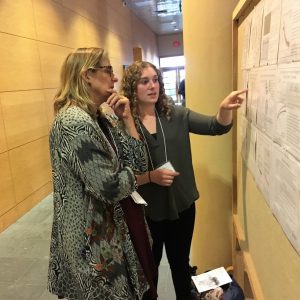 2017 best undergrad poster winner
2017 best undergrad poster winner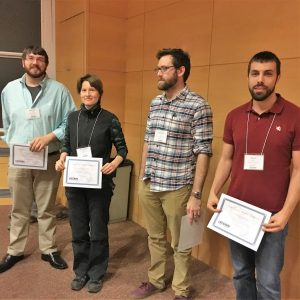 2017 best poster award winners
2017 best poster award winners
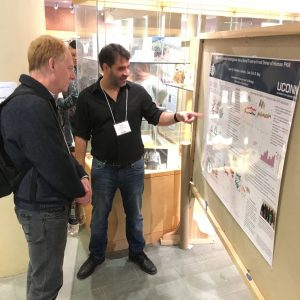
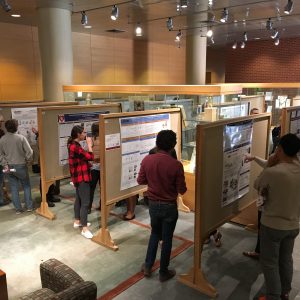
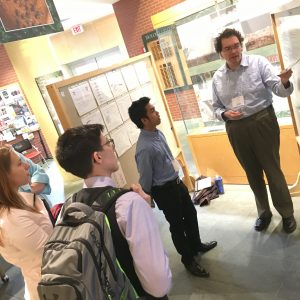
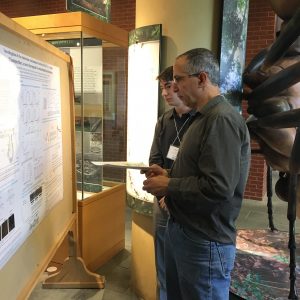
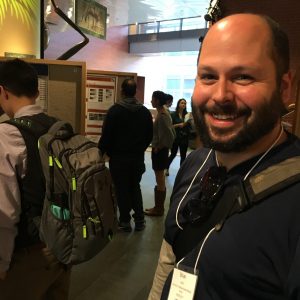
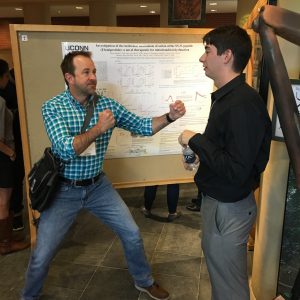 A heated debate
A heated debate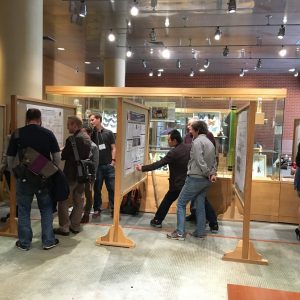
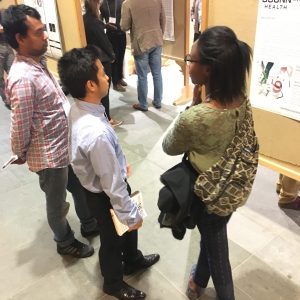
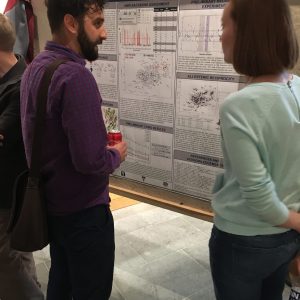

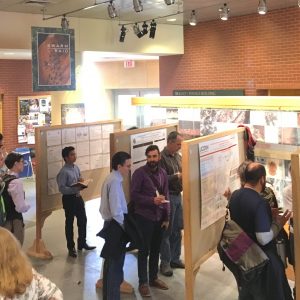
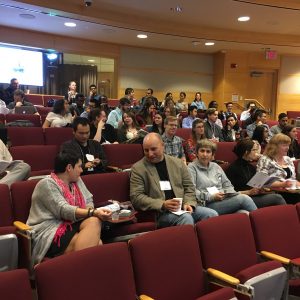
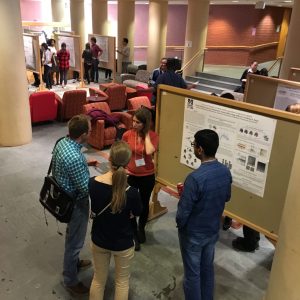
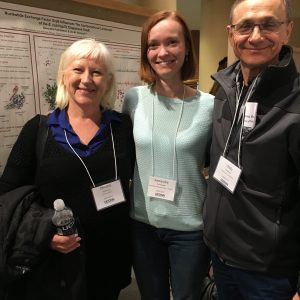
NESS Anthology
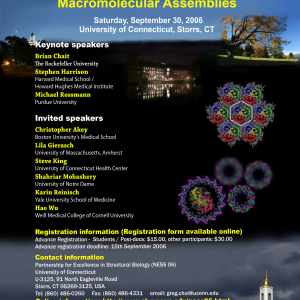 2006: Macromolecular Assemblies
2006: Macromolecular Assemblies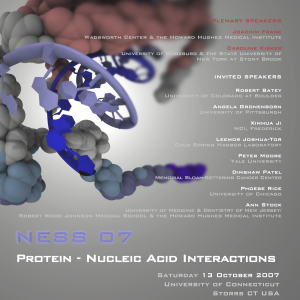 2007: Protein-Nucleic Acid Interactions
2007: Protein-Nucleic Acid Interactions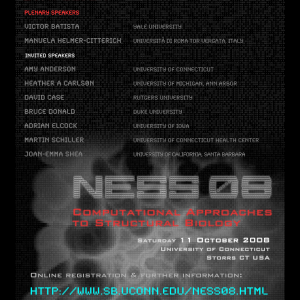 2008: Computational Approaches to Structural Biology
2008: Computational Approaches to Structural Biology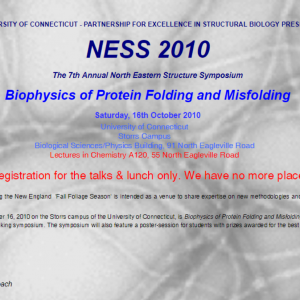 2010: Protein Folding and Misfolding
2010: Protein Folding and Misfolding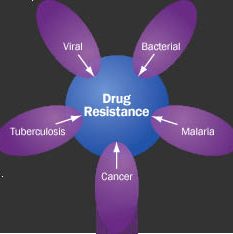 2011: Drug Resistance
2011: Drug Resistance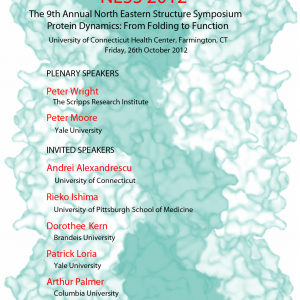 2012: Protein Dynamics
2012: Protein Dynamics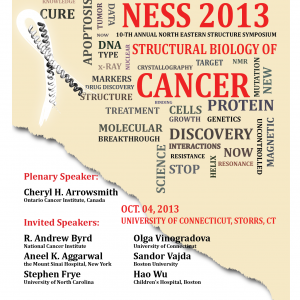 2013: Cancer
2013: Cancer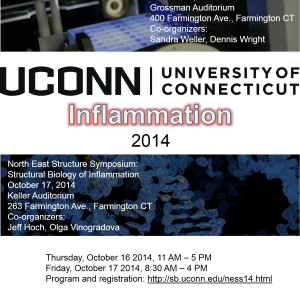 2014: Inflammation
2014: Inflammation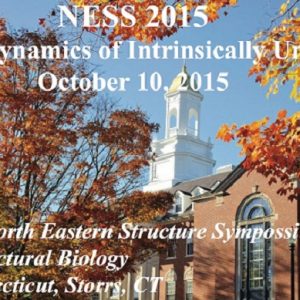 2015: Intrinsically Disordered Proteins
2015: Intrinsically Disordered Proteins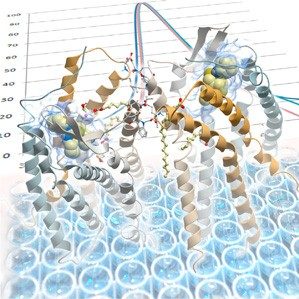 2016: New Paradigms in Drug Discovery
2016: New Paradigms in Drug Discovery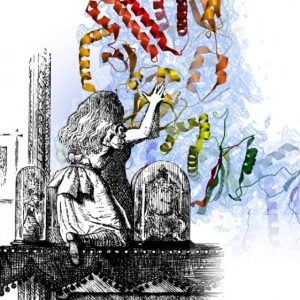 2017: Through the Looking Glass: Inspecting Biological Processes by Cryo-EM
2017: Through the Looking Glass: Inspecting Biological Processes by Cryo-EM